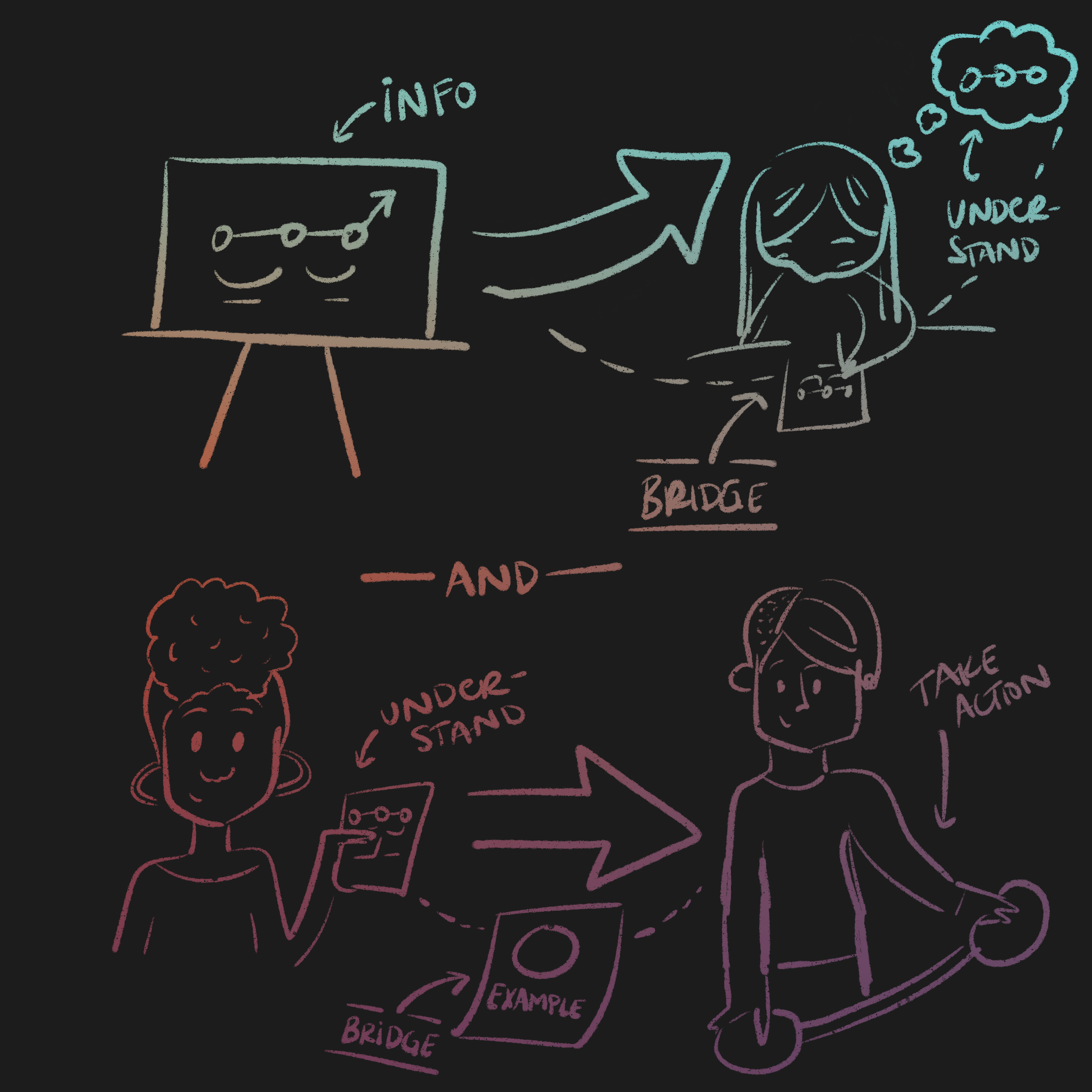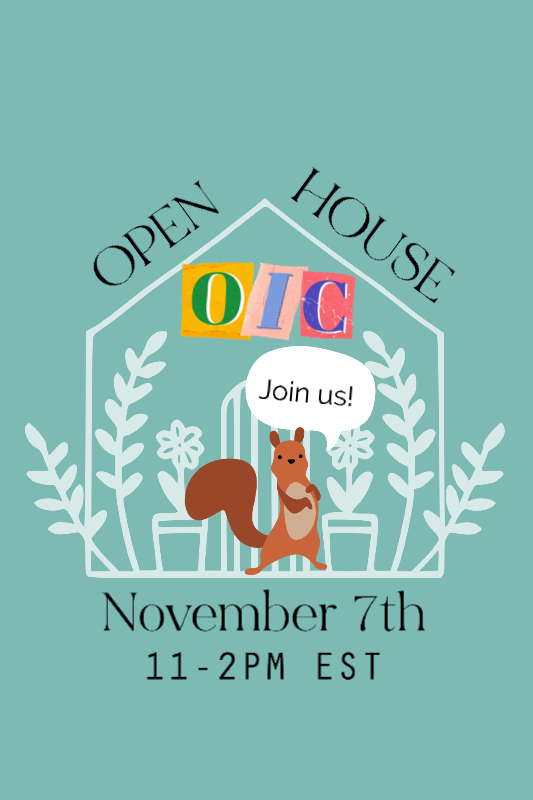Do Your Clients Have Learning Challenges - and Does It Matter?
This will take around 7 minutes to read. You can also listen to it instead:
Quick Summary: Everyone learns differently. Knowing how someone learns and what challenges they may be experiencing is extremely important if you are a guide or teacher for your client. Service providers also benefit from knowing how their client learns since that will help them present what they created with more buy-in and less edits. When you can empower your client by supporting their understanding in a project or program, that builds trust and trust is the bedrock for growth and smoother journeys.
Do your client’s learning style and challenges even matter?
Yes and no.
Yes because everyone learns differently, so if leaders know the many ways a person might take in and process information then their communications can be more widely understood when they apply those different learning styles to their teaching.
No, if those labels come with stigmas and rigid systems that don’t leave space for people to be uniquely themselves.
If we find out that someone has a particular learning challenge then we can offer them an accommodation but that also doesn’t mean they have to use it. They may have developed another way of working around a problem. It’s important to learn about accommodations and to also ask and observe the actual person to find out what they need.
I’ve seen many organizations try to connect with their team members or clients through personality tests. When they get the test results they then support the person based on the test rather than the actual person.
Personality and learning style tests can be super helpful to even know which trail to travel down with teaching but it doesn’t take into account all of the life experience, coping skills and traumas that a person has encountered along the way.
So yes get to know all the learning styles and challenges and personalities out there so you know what to look for, then observe the actual person.
Common learning challenges
Difficulty focusing
Overwhelm from too much info at once
Too little information anxiety
Difficulty keeping words and letters in order
Need to move while learning
Need to know why before doing something
Needs autonomy in deciding what task to do
Prefers personal interests and fears unknown
Too many ideas and no direction (a creative lack of focus)
Learning challenges are simply a different way of processing that doesn’t fit into the typical “worker bee” lesson plan. Most lessons are delivered as information that someone should hear or read and then go take action.
That’s a great place to start, and then it’s time to observe and see what a student or client may need to help them bridge the gaps between seeing and understanding the information and then between understanding and taking action.
When we give supports like a way to draw out and play with an idea or a real life example/mockup, we allow people to understand more deeply.
hOw to discover a LEARNING challenge early in the process
The key to finding a person’s unique processing style is to ask process-related questions and listen to the answer. Then you can combine the visual, auditory, kinesthetic and written tools that you know of with the stories you hear from the client to decide how to provide information in a way that will actually get through.
Process-related questions can center around:
How previous learning experiences went (What worked well with past coaches? How did you use to study for tests?)
Current action steps (What do you do when a task feels overwhelming or too big? When you need to make a big decision how do you usually work through that?)
Storytelling (Tell me about what you do. Tell me about your challenges.) With storytelling questions we are listening for the use of analogies and phrases like “ugh I’m stumbling on my words” or “it’s so hard to explain.”
Quizzes and forms (seeing if their answers are long winded - which could mean a lack of focus - or if they share analogies, respond well to photo choices, react to or mention GIFs used)
Empowering those with learning challenges
The simplest way to empower someone with a learning challenge is to BELIEVE them when they say something is challenging.
I’ve had coaches who told me that a task wasn’t actually hard, that it would get easier or that I just need to practice. I’ve also had coaches who believed me and offered an alternate way to do an assignment. Guess which ones were successful in supporting me to reach my goals?
If your grown up client is coming to you saying they don’t know how to do something or that a certain suggestion isn’t going to work they could use an accommodation first before addressing a mindset shift.
Chances are that offering an accommodation will be enough to provide that mindset shift anyway.
If they see you valuing them and believing them - they will be able to provide that for themselves.
Diverse perspectives and unique processes
The absolutely beautiful thing about gathering a variety of visual aids to have ready for those with learning challenges is that everyone benefits from those aids at different times in their life.
Whether a client had a learning challenge or not doesn’t ultimately decide whether or they get an accommodation. Anyone who needs support, regardless of whether it’s because of a late night with the baby or a cognitive delay or a trauma response, deserves to be given alternate ways to approach a new situation.
The greater variety of people you can help, the greater diversity of experiences you and your community will be able to learn from and the more innovative your new ideas will be as a collective.
And the more accommodations you offer, the more people will talk about how supportive your program is and the more they talk, the more people will come your way. It’s a happy little side effect of caring.
-
If you want to know which visual aids to specifically use asked on the questions and tips in this article, visit the library where I share all kinds of different visual supports to try out.
looking for more information about supporting your clients through visual communication and kindness?
Come to the Open House for the all-new Offbeat Illustrative Community (O.I.C.) where you’ll learn all of the magically simple ways to help clients with intentional visual support. It’s free and we’d love to see you there!
I’d love to hear what you learned from the article! If you have questions or want to share about your work you can leave a comment below or email me at laura@illustrative.us.
AUTHOR | LAURA MATTESON
Laura is a neurodivergent artist, mother, wife, founder of Illustrative with fancy drawing skills and a huge bucket-full of hope and love for humanity.




